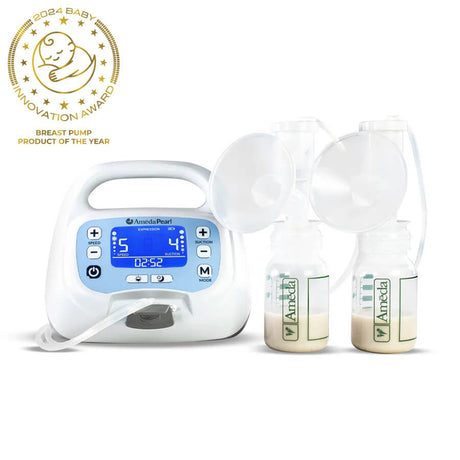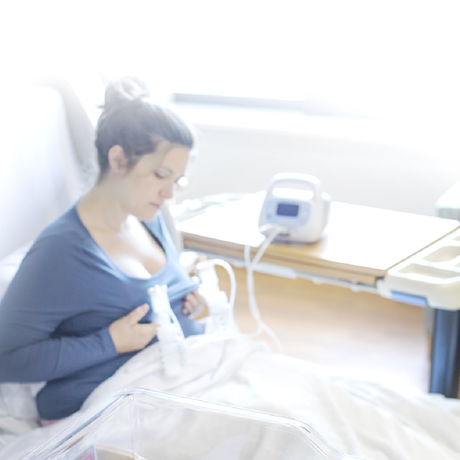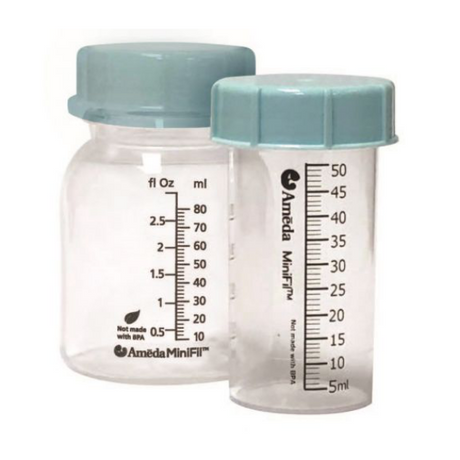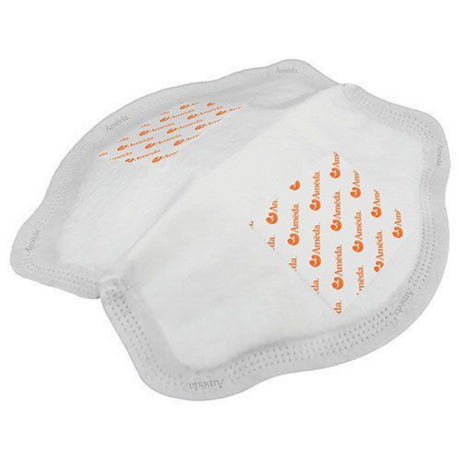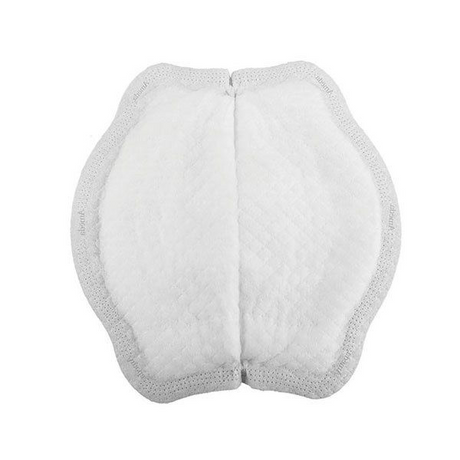Published:
Breastfeeding offers a number of health and financial benefits. If you decide to breastfeed, you and your family will enjoy many positive aspects that result from this choice.
Take a moment to learn about these fascinating health benefits and imagine how they might affect you and your family if you decide to breastfeed.
Health Benefits of Breastfeeding
The health benefits of breastfeeding for an infant are due to the beneficial substances that are present in human breast milk but lacking in formula. There are also health benefits for mothers.
Breastfeeding Benefits for Mothers
Studies suggest that mothers who breastfeed are less likely to develop:
- Breast or ovarian cancer
- Type 2 diabetes
- Postpartum depression1,2
Benefits of Breast Milk for Full Term Infants
Studies suggest that full term infants who breastfeed or who are fed breast milk are at reduced risk for1,2:
- Lower respiratory tract infections
- Pneumonia
- Respiratory Syncytial Virus (RSV)
- Asthma
- Sudden Infant Death Syndrome (SIDS)
- Otitis media
- Colds, ear and throat infections
- Necrotizing Enterocolitis (NEC)
- GI tract infections
- Celiac disease
- Inflammatory bowel disease
- Atopic dermatitis, eczema
- Higher Body Mass Index (BMI)
- Type I and II Diabetes
- Leukemia: ALL, AML
Benefits of Breast Milk for Preterm Infants
Studies suggest that preterm infants who receive their mother’s breast milk receive numerous immediate and long-term benefits.
Immediate Breastfeeding Benefits include1,2:
- Decreased rate of sepsis
- Decreased rates of Necrotizing Enterocolitis (NEC)
- Fewer hospital re-admissions within one year of Neonatal Intensive Care Unit (NICU) discharge
- Improved clinical feeding tolerance and attainment of full enteral feeds
- Decreased severe retinopathy of prematurity (ROP)
Long-Term Breastfeeding Benefits include1,2:
- Improved neurodevelopmental outcomes
- Decreased metabolic syndrome
- Decreased blood pressure
- Decreased low-density lipoprotein (LDL)
- Increased leptin and insulin metabolism
Learn More
Learn more about the key health benefits of breastfeeding for moms and babies by watching our short video, Benefits of Breastfeeding for Moms & Babies.
Economic Benefits of Breastfeeding
In addition to health benefits, breastfeeding provides significant economic benefits to both individual households and the healthcare system at large.
Total US Savings
A detailed pediatric cost analysis based on a report prepared by the US Department of Health and Human Services Agency for Healthcare Research and Quality (AHRQ) concluded that if 90% of US mothers breastfed for six months, there would be a savings of $13 billion per year.3
Savings Per Infant
Babies who are breastfed for six months provide an estimated healthcare cost savings of $3,172 per infant.3
Pre-Term Infant
Preterm infants who receive breast milk for more than 50% of their feedings in the first 14 days of life have a six-fold decrease in developing necrotizing enterocolitis (NEC). This can decrease cost and length of a hospital stay, saving $74,000 per case, 12 additional days for medical NEC, and $198,000 for 43 additional days per case of surgical NEC.4, 5
References:
- American Academy of Pediatrics Section on Breastfeeding. Breastfeeding and the use of human milk. Pediatrics. 2012;129(3): e827-841.
- Ip S, Chung M, Raman G, Trikalinos TA, Lau J. A summary of the Agency for Healthcare Research and Quality's evidence report on breastfeeding in developed countries. Breastfeed Med, 2009;4(SI ):S 17-30
- Bartick M, Reinhold A. The burden of suboptimal breastfeeding in the United States: a pediatric cost analysis. Pediatrics. 2010; 125(5). Available at: www.pediatrics.org/cgi/conent/full/125/5/e1048, accessed 3/21/13.
- Sisk PM, Lovelady CA, Dillard RG, Gruber KJ, O'Shea TM. Early human milk feeding is associated with a lower risk of necrotizing enterocolitis in very low birth weight infants. J Perinatol. 2007;27:428-33.
- Ganapathy V, Hay JW, Kim JH. Costs of necrotizing enterocolitis and cost-effectiveness of exclusively human milk-based products in feeding extremely premature infants. Breastfeed Med. 2012;7(I):29-37.


